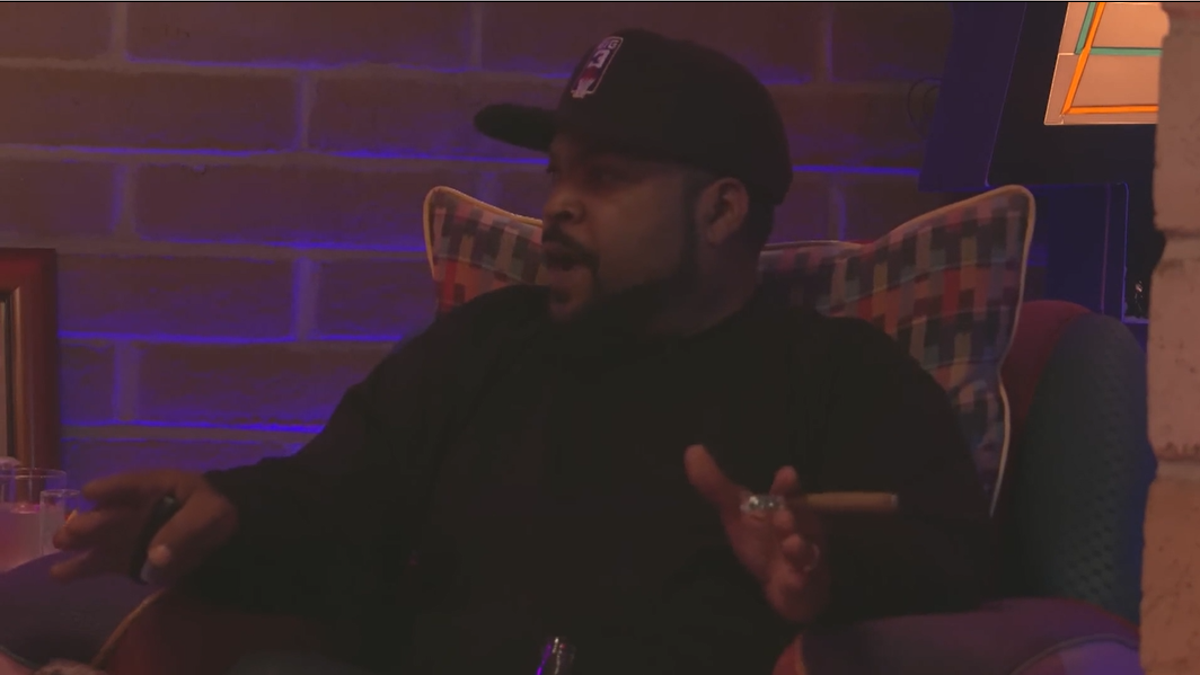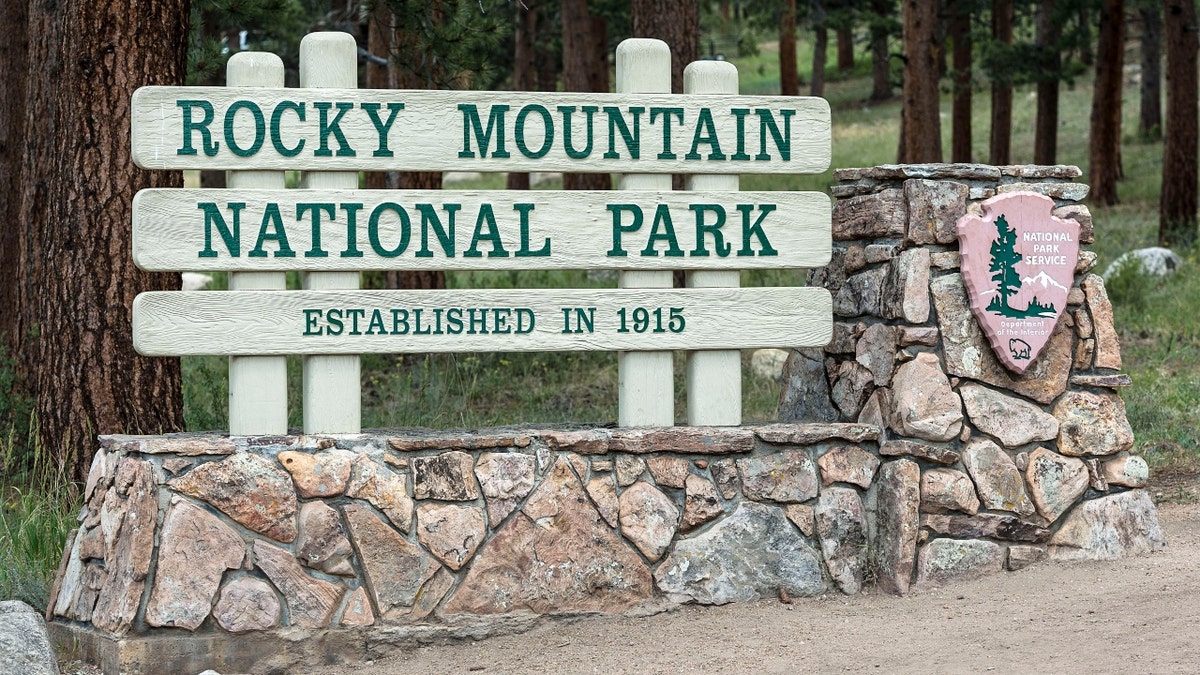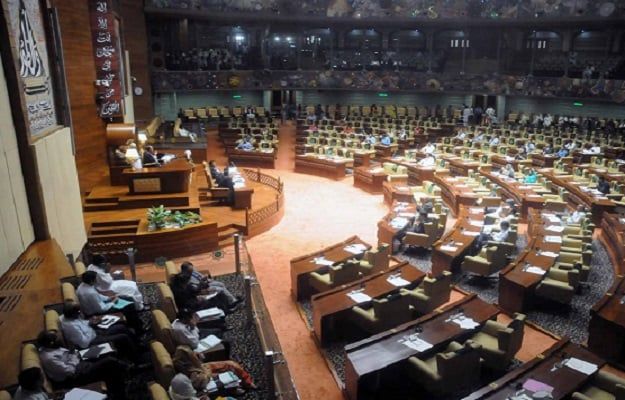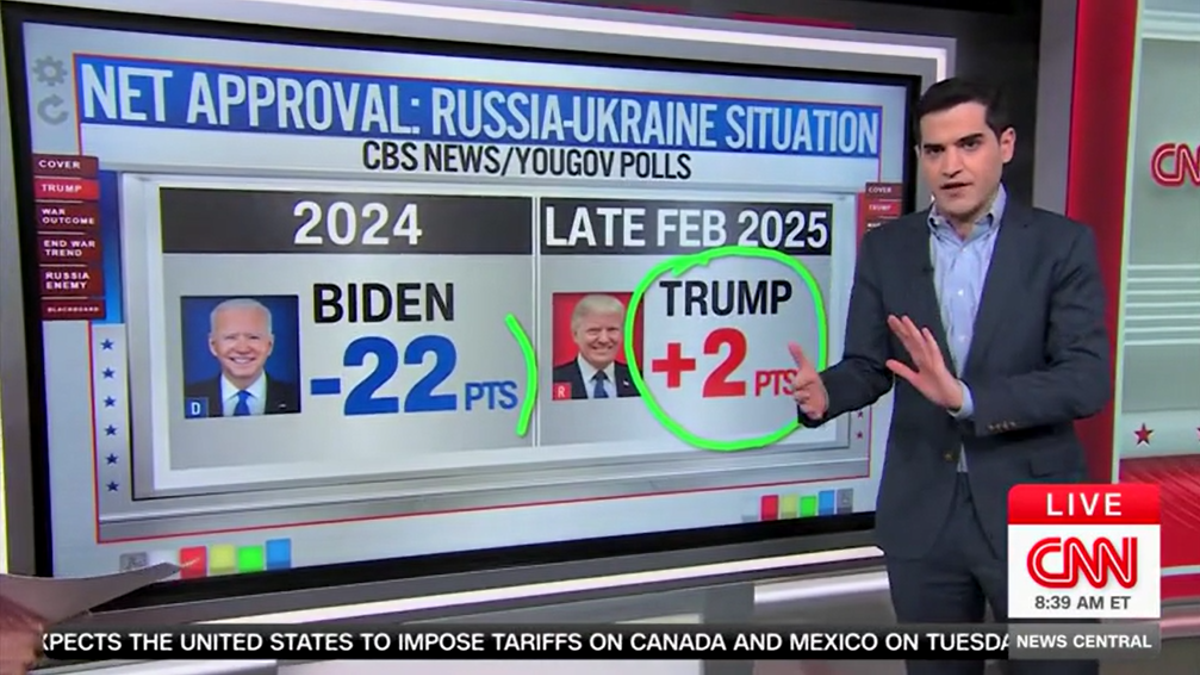In a recent appearance on Bill Maher's "Club Random" podcast, rapper and actor Ice Cube proposed a thought-provoking theory: there's a financial connection between rap music that glorifies criminal activity and the private prison system, which profits from incarceration. Ice Cube, a founding member of the influential gangsta rap group N.W.A., questioned whether certain types of music are promoted to fuel the prison industrial complex.
The conversation began with a discussion about the ever-evolving nature of language and the potential for these shifts to create division. Ice Cube suggested that focusing on superficial arguments distracts from addressing deeper societal issues. He then delved into his theory, suggesting that following the money would reveal who benefits from such societal discord.

Using the record industry as an example, Ice Cube posited that there could be shared financial interests between record labels and private prisons. He alluded to the idea that certain types of music, specifically those promoting criminal behavior, might be intentionally pushed to ensure a steady flow of inmates into the prison system. He suggested some records are "made by committee," implying that record companies might exert influence over lyrical content to push a specific narrative.

Maher initially expressed skepticism, questioning whether record companies actually dictated artists' lyrical content. Ice Cube clarified, stating that while artists aren't forced to write specific lyrics, record labels act as gatekeepers, influencing which songs are promoted and gain widespread exposure. He suggested this process could be a form of "social engineering" to keep prisons full.
Maher sought further clarification, summarizing Ice Cube's theory as a potential link between those who control record companies and financial interests in the private prison industry. Ice Cube confirmed this interpretation, emphasizing financial interests rather than direct control. Maher then connected this to the content of rap lyrics, suggesting that certain lyrics could potentially inspire criminal behavior, citing "F--- the police" as an example.

Ice Cube defended his own lyrics, asserting that they were a form of artistic expression and not influenced by record companies, highlighting his status as an independent artist. This exchange sparked a deeper discussion about the complex relationship between art, social influence, and the prison industrial complex.








